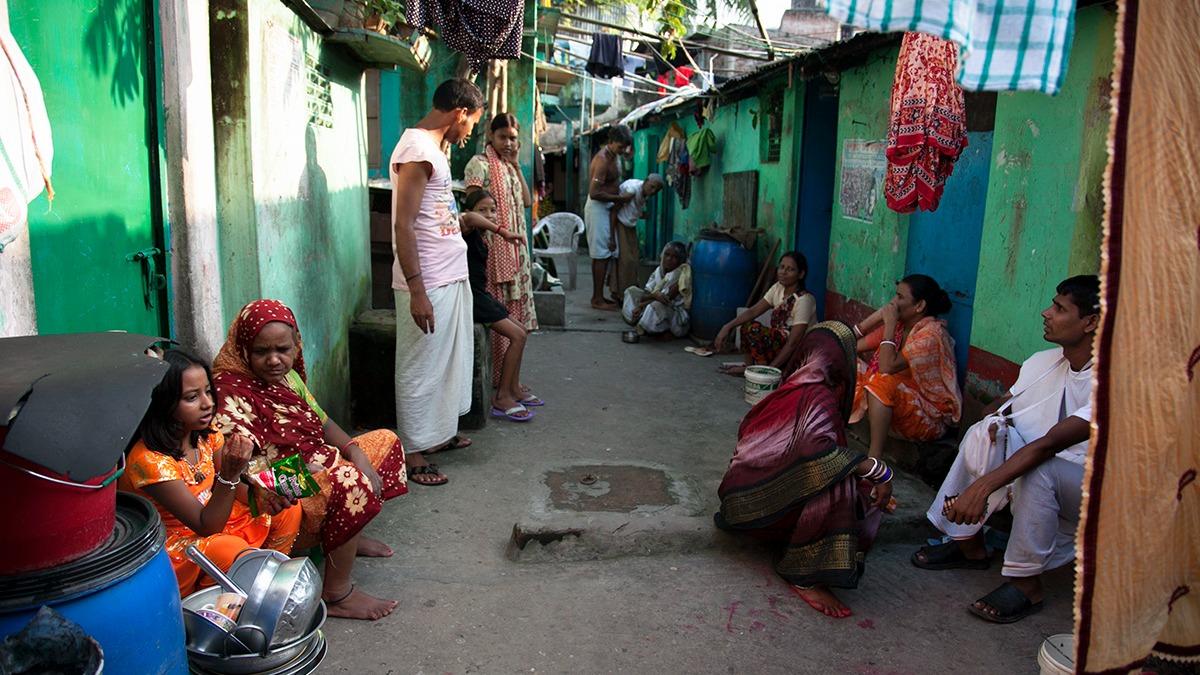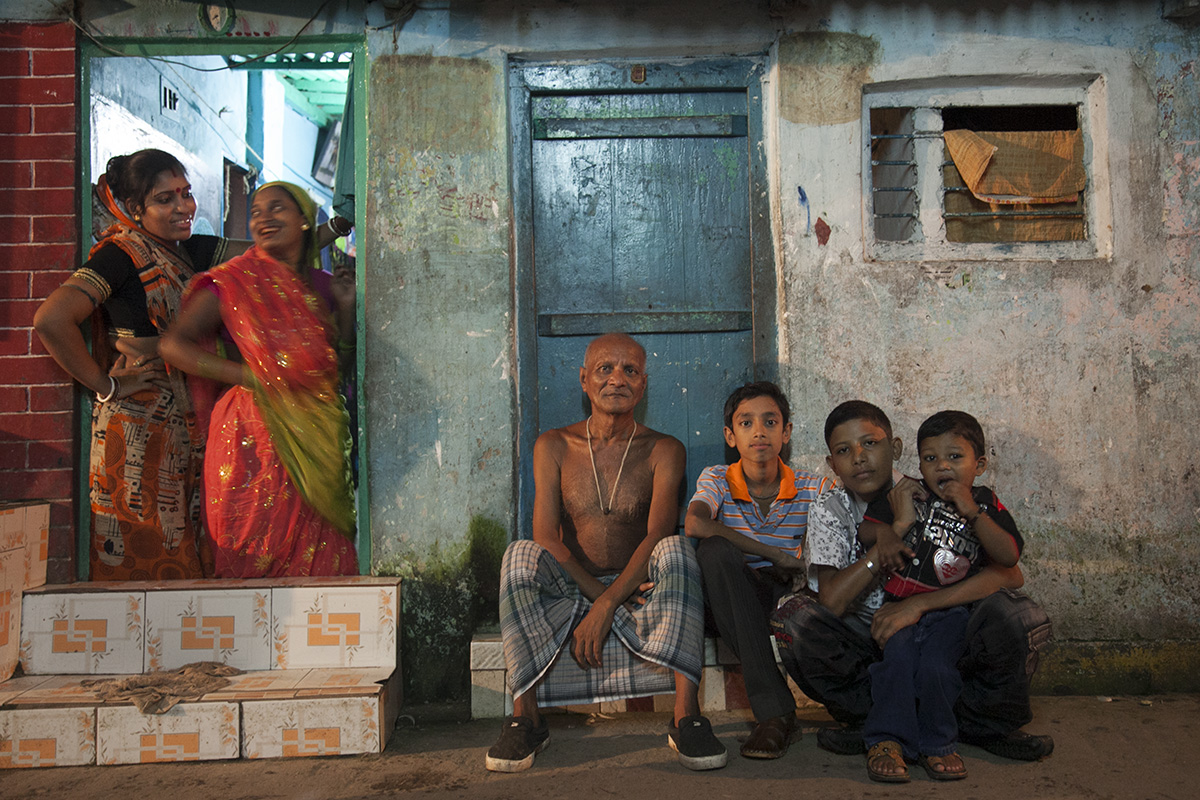
The Horijon Community in Dhaka
Over the years, their roles expanded to include various forms of sanitation work, but their socio-economic status has remained largely unchanged. They are still confined to specific areas known as "sweeper colonies," where generations of families live in substandard conditions.
